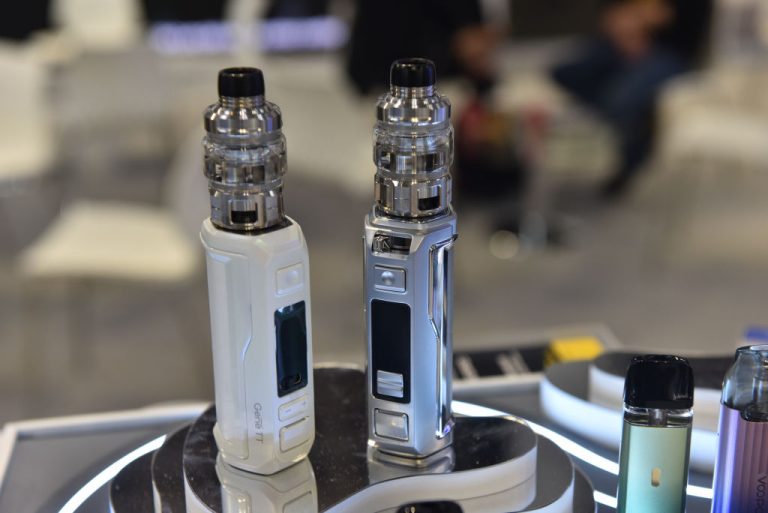On May 2, Australia declared that it will be banning recreational vaping, as well as tightening laws on e-cigarettes in a crackdown on the tobacco industry.
The government accused the industry of targeting teenagers in a scheme to create a new generation of addicts.
A definite ‘no’ to vaping
In the country’s largest anti-smoking reforms in ten years, the government plans to ban “single-use disposable vapes,” cease imports on non-prescription versions, and place restrictions on nicotine levels used for e-cigarettes, al-Jazeera reported.
While Australia has been a model for the fight against smoking since 2012, the country has faced new problems with recreational vaping, including poor regulation, a thriving black market, and more importantly, its hold on teenagers.
The government also plans to ban disposable vapes, especially those with fruity flavors.
Success
You are now signed up for our newsletter
Success
Check your email to complete sign up
“No more bubble-gum flavors, pink unicorns or vapes disguised as highlighter pens for kids to hide them in their pencil cases,” Health Minister Mark Butler said.
“Vaping has become the number one behavioral issue in high schools. And it’s becoming widespread in primary schools,” he added.
“Just like they did with smoking, Big Tobacco has taken another addictive product, wrapped it in shiny packaging and added flavors to create a new generation of nicotine addicts,” Butler said at the National Press Club, according to Reuters.
READ MORE:
- US to Lift Vaccine Mandate for Foreign Entries and Government Workers
- Nearly 1,000 Scientists Sign Dublin Declaration Supporting Meat Diet and Livestock Farming
- WHO Raises Concerns of ‘Biological Hazard’ After Sudan Biolab Captured in Fighting Between Government and Rebels
Doctors have urged the government to increase their efforts to curb the usage of tobacco products amongst youths. According to data recorded last year, around 22 percent of Australians aged 18 to 24 have used an e-cigarette or vaping device at least once.
Vaping is considered a safer alternative to smoking cigarettes, using nicotine-filled liquid in what is called an e-cigarette. However, studies have shown that it could cause “long-term harm.”
Under the new law, sales of vapes would only be done in pharmacies and require “pharmaceutical-type” packaging.
Though a prescription for vapes is already in place in Australia, the black market has made it easier to acquire products in stores. Butler warned how these products are now easily available “alongside lollies and chocolate bars.”
“Vaping was sold to governments and communities worldwide as a therapeutic product to help long-term smokers quit,” Butler said. “It was not sold as a recreational product — especially not one for our kids.”
It was also announced that the government will increase taxes on tobacco sales by five percent each year over the next three years, imposing high prices on already expensive cigarettes. A pack of 25 cigarettes would sell for about 50 Australian dollars ($33).
In other parts of the world, several countries have also stepped up their resistance against vaping, including Singapore and Thailand. In late December, New Zealand enforced a legal smoking age that will steadily rise every year, that begins by stopping those aged 14 and below from buying cigarettes legally.


















